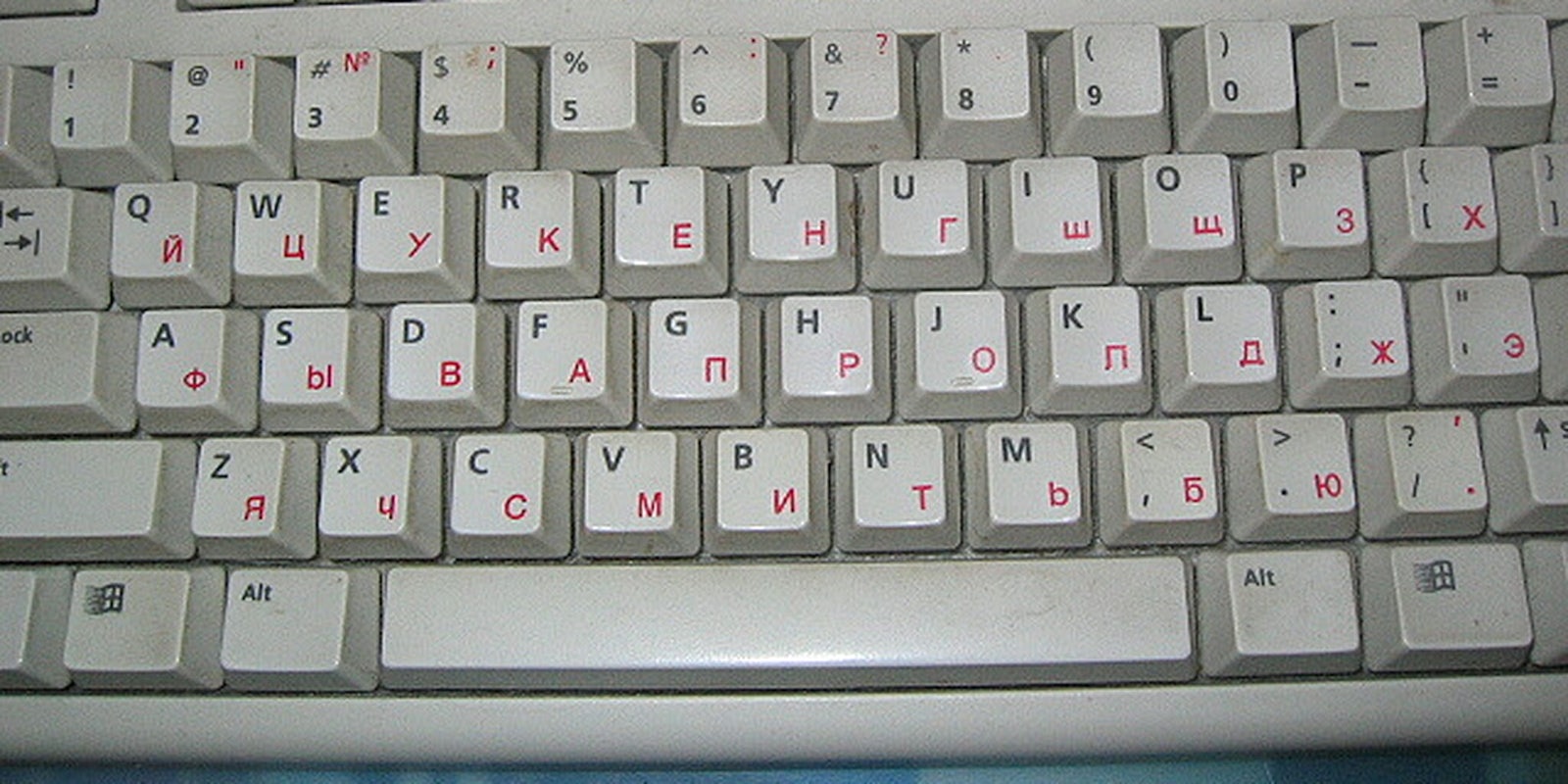Russia on Tuesday erected bans on 11 porn websites after a regional court ruled that they violated a federal law on illegal porn distribution.
The bans, announced by Russia’s telecom censor Roskomnadzor, follows a ruling from a court in the Krasnodar region that the 11 sites, which including reigning giant Pornhub, were engaged in “the illegal manufacture, distribution and public display of pornography.” Those actions are illegal under Article 242 of Russia’s criminal code.
A subsection of that article details offenses related to child pornography, but the Russian government did not specifically allege that Pornhub and the other sites violated that prohibition. Pornhub, a Canadian company, has not been accused by authorities in that country of hosting child pornography.
The new porn-site bans follow sweeping new laws criminalizing all manner of sexual activity and expression, including the famous “anti-gay law” that bans “propaganda of nontraditional sexual relations to minors,” which essentially means discussing homosexuality with children.
On other fronts besides sexual expression, Russia has moved aggressively to censor domestic use of the Web so as to prevent anti-authoritarian tensions from threatening the reign of President Vladimir Putin. The Russian legislature passed the so-called “bloggers’ law” in April 2014. A few months later, the Putin government began demanding that bloggers register with Roskomnadzor if they served more than 3,000 daily readers. Russia also required large tech companies operating on its territory— including Google, Facebook, and Twitter—to register with Roskomnadzor and set up servers in the country so that the authorities could more easily search them.
Pornhub and its major competitors have faced an uneasy existence in Russia ever since a court ordered Roskomnadzor to block 136 other porn sites in April based on 90-year-old international conventions.
Russia has also banned the use of photographs of celebrities in Internet imagery unrelated to the celebrity, effectively criminalizing memes.
H/T The Register | Photo via Paul L Dineen/Flickr (CC BY 2.0)


